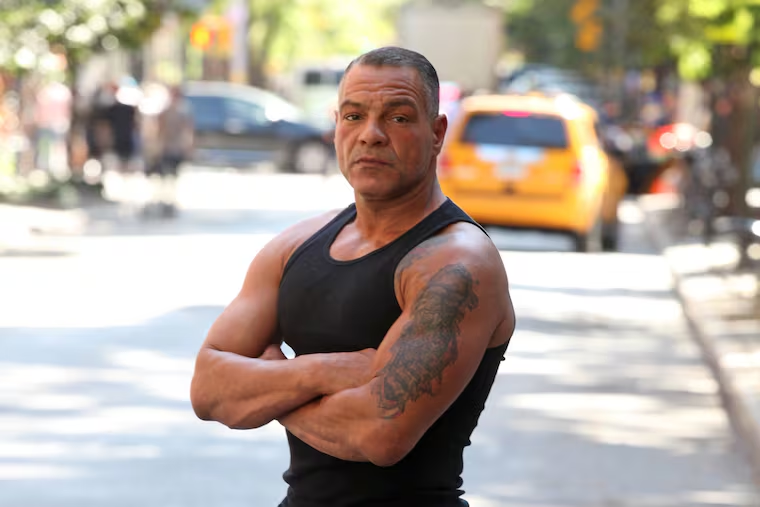New York City Enforces Airbnb Registration Law to Regulate Short-Term Rentals.
On September 5, 2023, New York City marked a significant milestone in its ongoing battle against the impact of illegal short-term rental platforms on its housing market. The introduction of Local Law 18—enacted by the City Council—has proven instrumental in curbing the activities of companies like Airbnb and Vrbo, which had been exacerbating the city’s housing crisis by displacing tenants and contributing to rising rental prices. This landmark legislation has successfully equipped city officials with tools to enforce existing short-term rental laws, resulting in the reinstatement of over 10,000 homes for residents.
The effects of Local Law 18 have been striking. A survey of Airbnb listings revealed a steep drop from nearly 22,000 to approximately 3,227, highlighting the scale of illegal short-term rentals that previously operated in the shadows. In Manhattan, the number of available rental units surged by nearly 9,000, marking a 6% increase from the previous month and a notable 42% rise compared to the same period last year. Similarly, Brooklyn saw over 4,000 more units available for rent, a three-year high reflecting an 11% monthly increase and a 19% rise from September 2022.
These changes have not only restored vital housing stock to the market but have also resulted in substantial financial relief for renters. Reports indicate that before the implementation of Local Law 18, New Yorkers were compelled to pay an extra 6 million in rent due to the pressure exerted by short-term rental companies. Between 2014 and 2018, an “Airbnb tax” manifested, costing renters about 0 annually—mounting to a staggering total of nearly billion.
However, as Local Law 18 has effectively addressed these issues, Airbnb is now pursuing strategies to undermine it, reportedly investing millions in a campaign aimed at overturning the legislation. In the current year alone, Airbnb emerged as the largest spender in local elections, contributing over million to candidate campaigns, particularly those opposing existing short-term rental regulations. This new campaign reflects a pattern seen in other regions, where Airbnb has previously attempted to undermine local regulations under the guise of grassroots support.
The company argues that Local Law 18 has failed to achieve significant reductions in rental and hotel prices, contending that lawmakers should reconsider the law. In an apparent effort to sway public opinion, Airbnb has employed paid organizations to advocate on its behalf, while also sharing dubious polling information and reports to bolster its claims.
As Airbnb continues its efforts to regain ground in New York City, it is essential for the public to remain vigilant regarding the potential consequences of rolling back Local Law 18. The legislation represents a concerted effort by tenant advocates to protect local communities from harmful housing practices. As New Yorkers have come together to defend their neighborhoods, the ongoing struggle emphasizes that tenant needs must take precedence over the interests of large corporations seeking to maximize profit at any cost.







